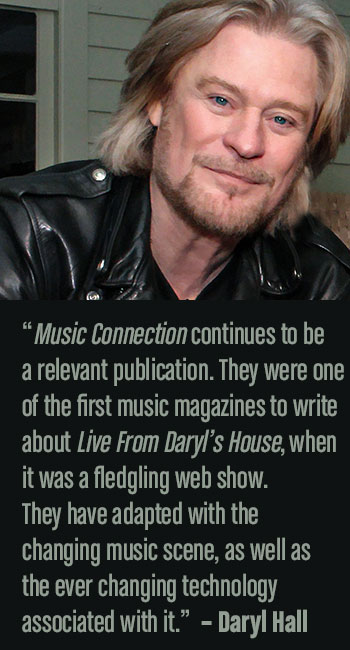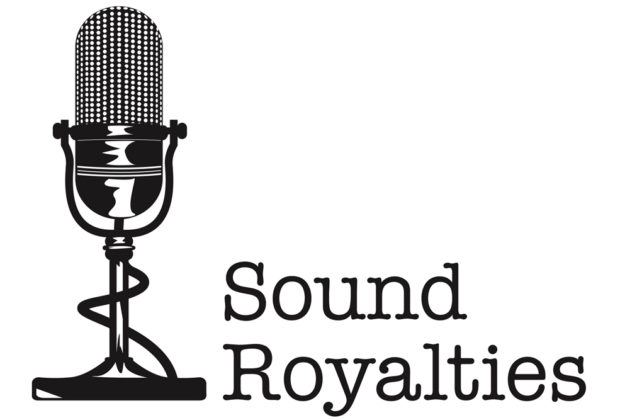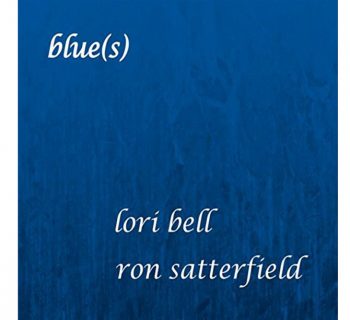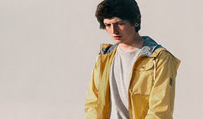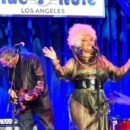Over the course of a nearly 15-year recording career, Brandi Carlile’s ascent has been nothing to joke about. She’s been winning rave reviews since the release of her self-titled debut in 2005, and with last year’s By the Way, I Forgive You, the Washington state singer-songwriter reached a new high-water mark. Carlile snagged six Grammy nominations with the set, including Album of the Year and Song and Record of the year for the single “The Joke.” She went on to win three of those golden gramophones, while the album showed up on a slew of 2018 best-of lists and “The Joke” was named International Song of the Year at the UK Americana Awards (and was one of former U.S. President Barack Obama’s favorite songs of the year).
In between, Carlile has been a busy and moving target, blending rock, country, folk, alternative and even blues and R&B into a focused and distinctive sound defined by her robust and fluid voice and an unsparing, introspective lyricism. Carlile plays nice with others, too––evidence her long musical partnership with twins Phil and Tim Hanseroth––and her Looking Out Foundation is a non-profit that has provided grants to Doctors Without Borders, War Child UK, the Women’s Funding Alliance and many other charities.
In January, Carlile also launched a music festival, Girls Just Wanna Weekend, in Mexico, an all-female endeavor that featured performances by Patty Griffin, Indigo Girls, Margo Price, Maren Morris and others. Indigo Girls’ Amy Ray describes Carlile as “just fearless, someone who makes me feel like the future’s in good hands.”
And Carlile’s present makes that sound like anything but hyperbole...
Music Connection: It’s been quite a year or so. How are you feeling about everything?
Brandi Carlile: I feel, like, tons and tons of joy and gratitude for the whole thing. It was certainly a long time coming, but I never expected it.
MC: Does it feel like a culmination or do you feel like with this album you did something or hit some nerve that’s very different from what you’ve done before?
BC: I think it’s (the album). I just feel like it says as much about the country and where at as a nation as it does about my actual album. I just feel like, the album had a truth-telling element to it that I certainly never explored in myself before. But I also think it landed in a way on willing ears to maybe reflect on some self-criticism underneath, forgiveness, loss and some hopefulness. It just felt like maybe it was a needed thing at this given time. If I had done it in 2015, it might not have been the same.
MC: Is it fulfilling, or disturbing, that it’s still of use in the same way now as it was when you wrote it?
BC: It’s on an arc, for sure. It’s evolved past what I actually wrote for the record. When I was writing the record I felt that what was happening is that some of us here in this country were starting to address our complacency and not understanding the institutionalized afflictions, things that we were living within and around––until the rhetoric starting pouring in, politically, and the acts of the country started to tilt in this direction we just didn’t expect it to.
As a gay person who got married before it was legal, then started to embark on this journey of mothering two daughters, I realized how asleep I’d been to some of the problems I was suddenly taking issue with. During the prior administration we felt that we were so eloquently represented by someone who was assuring us and, rightfully so, that the country was headed in the right direction as far as love and acceptance, communication. When that changed so suddenly, I think everyone did what everyone needed to do, which was take a good long look in the mirror.
MC: How have the songs on “By the Way, I Forgive You” changed and morphed between the time you wrote them and now?
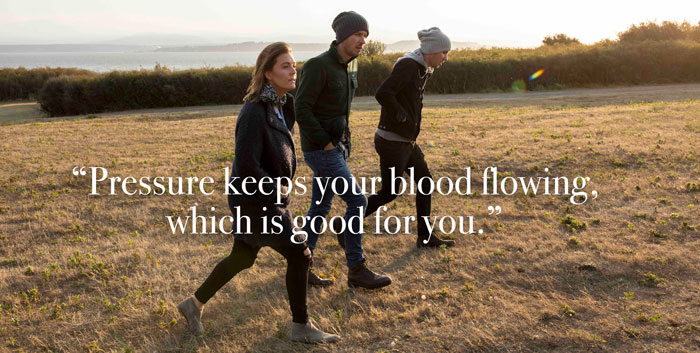 BC: There’s tons of ways. When I wrote the second verse of “The Joke,” for instance, I was writing about Syria and the work I was doing with War Child, and what happened on our southern border hadn’t happened yet, or word wasn’t getting out that it was happening yet. And watching that evolve from a far-away concept to a right here at home concept was alarming to me. I watched “The Mother” evolve from what I thought was the semi-uncharted territory of gay motherhood into just parenting––fathers, mothers, gay people, straight people, trans people. That was certainly an unexpected journey that I was really happy to see it take.
BC: There’s tons of ways. When I wrote the second verse of “The Joke,” for instance, I was writing about Syria and the work I was doing with War Child, and what happened on our southern border hadn’t happened yet, or word wasn’t getting out that it was happening yet. And watching that evolve from a far-away concept to a right here at home concept was alarming to me. I watched “The Mother” evolve from what I thought was the semi-uncharted territory of gay motherhood into just parenting––fathers, mothers, gay people, straight people, trans people. That was certainly an unexpected journey that I was really happy to see it take.
Songs about tragedy and reconciliation, like “Sugartooth” or “Most of All,” I think that they landed on ears in a way that I truly desire, which is that there’s no political affiliation if you’ve lost someone to an opiate addiction. There’s no political party affiliated with that kind of loss. And I feel like everyone can understand that it is a problem, everyone can understand that we are losing our brothers and our sisters and our kids.
And then songs like “Most of All,” which is about parental reconciliation, for better or worse it sort of touches on all the themes that I know I’m dealing with in my life, and I feel like we might just be in a time where some of those things are universal.
MC: Those sobering topics are not exactly the stuff of anthems, are they?
BC: I made a really conscious decision to be precious about the music this time. It was starting to get to me the amount of summer touring...and I love summer touring. That’s the problem––I do love it so much that when I get on the big stages outside I become, like, The Entertainer. I want everybody to do waves, I want everyone to stand up with their beers and sing along to the big, ballsy choruses. That’s what I want my summers to look like, but it was starting to affect my songwriting. So setting down my guitar and visualizing big fields full of people was messing with my equilibrium and my truth, so I made a new year’s resolution to do a different kind of record with the twins.
MC: How is that collaboration changed over the years, with the twins and writing with them?
BC: It’s always been a real mystical tripod, like two of us can’t stand without the third. And we’ve been in situations where we tried before, and the night that I made that New Year’s resolution they looked at me like they were seriously worried. I think they thought that it meant that I wanted to stop summer touring or something, which would inevitably lead to us all going broke. Then they really got on board. They started sending shit to me that was, like, bringing me to my knees by the things they were saying, for the first time in their writing. We all started saying it together because we’ve been together for so long now that their ideas were all shared experiences.
MC: You mentioned “The Joke” before. Having a former president shout it out at the end of the year had to be a trip.
BC: Well, Barack Obama had a profound influence in my life. I proposed to my wife the day that he became the first American president to publically support marriage equality. That was a big day for me because I had always admired him and it always bothered me that he hadn’t up until that point. I was surprised about the relief I felt when he did. If you listen closely to “The Joke” you can hear him in it. He influenced me on that song, probably more than any musician.
MC: You’ve had Grammy nominations before, but quite a few this time. How did that feel?
BC: It was such a shocking and alarming revelation to me when I had that first one (in 2015); I was so far removed from understanding that I would ever be seen or recognized by something of that magnitude––not because I didn’t want to be, but I just didn’t think it was going to happen. I didn’t even know when they were or when the submissions were, when you were supposed to turn in your record. I had no idea. So I’m on a plane and I get this text message from the guy that ran the record label at the time and it said, “Congratulations on your nomination.” And without even thinking I wrote back, “No, this is Brandi,” because I was that shocked, you know? (laughs) So here I am one record later with these six nominations and I’m in total disbelief. It’s exhilarating, that’s really the only way I can put it.
MC: What was it like to put your own festival together?
BC: It’s certainly been interesting. I’ve learned a lot of things about a festival, about what it takes. And one of the things I’ve learned is that despite what the promoters are saying, it’s not that hard to secure a female headliner, and it’s not that hard to secure multiple female headliners. We’re sitting here, we want to do the gigs and we need y’all to let us do the gigs. How hard is that?
MC: One would have thought that Lilith Fair taught us that.
BC: Lilith Fair was monumentally successful, and the fact that it came back (in 2010) and didn’t do well doesn’t say shit. It was great, and I thought all of them were great, even the one that “didn’t do well.” It was still a great show. I think it needs to happen again. I’ve got some ideas about that. I’ve reached out to Sarah (McLachlan) a couple times on Instagram, because she’s obviously a hero for me. But I think she’s very busy.
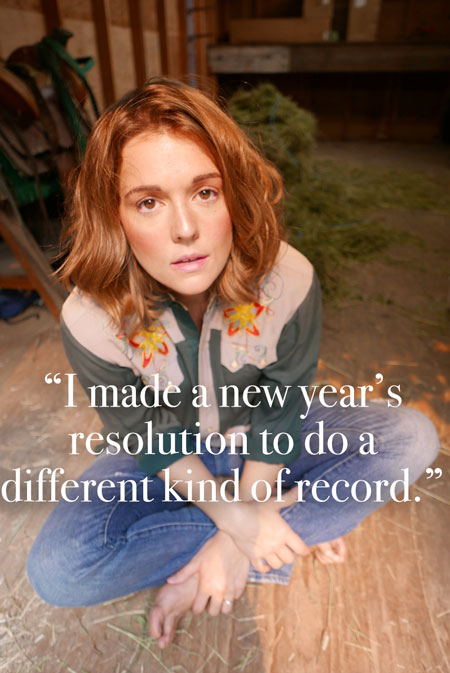 MC: Was the festival your idea or were you approached to do it?
MC: Was the festival your idea or were you approached to do it?
BC: I sought it out and I’d been planning it for about 13 years, ever since I did the Cayamo Cruise. There’s just something about removing people from their environment that puts them on an equal playing field. If you put them on a cruise ship or a vacation destination and you’re in each other’s pace and you’re learning each other’s songs and you harmonize up on stage with each other, you’re borrowing each other’s guitars––it changes the dynamic. It makes it a community dynamic. That’s really what I see the future for rock & roll and festivals in general, a much more collaborative, much less competitive environment––especially when women make a comprehensive decision to abandon competitiveness with each other and make one solid push ahead, together.
So my idea was to take the template of Cayamo and make a vacation destination, like the Avett Brothers do and the Dave Matthews Band does, but make it all women to make a really powerful statement about what women can do together. A sold-out women’s festival in Mexico means that thousands of people spend thousands of dollars to leave the country and watch women headline a festival, and I hope that’s something that translates to more of it.
MC: You were in A Star is Born, too––a small part, but what’s it been like to be part of that orbit?
BC: I found it really foreign, really jarring. It’s been neat to see that success, for sure, especially for all my friends who were involved in it. I was asked to do a tribute to Roy Orbison (“Oh, Pretty Woman”) on the soundtrack, to sing it with his young guy (Marlon Williams) whose voice just blew me away.
So I flew down to LA and Bradley Cooper was actually in the studio and produced my track. And while I was down there they said, “Would you be open to doing this scene in the film?” And I was like, “Yeah, I’ll do it;” I’m an uncomfortable person in front of the camera, but I did it and it was a really cool experience and I was really happy I did it. I got to sing all day on stage at the Shrine (Auditorium) and it was killer. They didn’t put the song in the soundtrack, but I wound up in this cameo scene and went to the theater and saw it and loved it.
MC: You’re in a lot of high-pressure situations these days––A Star is Born, the Grammys, the Joni Mitchell 75th birthday concert. Are you good with those?
BC: Yeah, yeah, I am. I think I thrive on it, but I definitely worry sometimes that maybe I’m building too many high-adrenaline, pressure moments into my life. Maybe I should grow more tomatoes and spend more time fishing after all this––although pressure keeps your blood flowing, which is good for you.
MC: You’ve been doing this long enough to have some perspective on a career. What’s the key to staying creatively fulfilled?
BC: I will only be creatively fulfilled if I have four or five things going on that I’m absolutely, show-stoppingly passionate about at any given time. And I do. I have five projects and a side project I can’t talk about yet. And I’m producing three records and I’m trying to get two other artists to let me produce their records. And I’m still working and touring behind By the Way, I Forgive You. And raising two little girls.
MC: That’s a full plate
BC: And I love it.
Contact asha.goodman@sacksco.com
